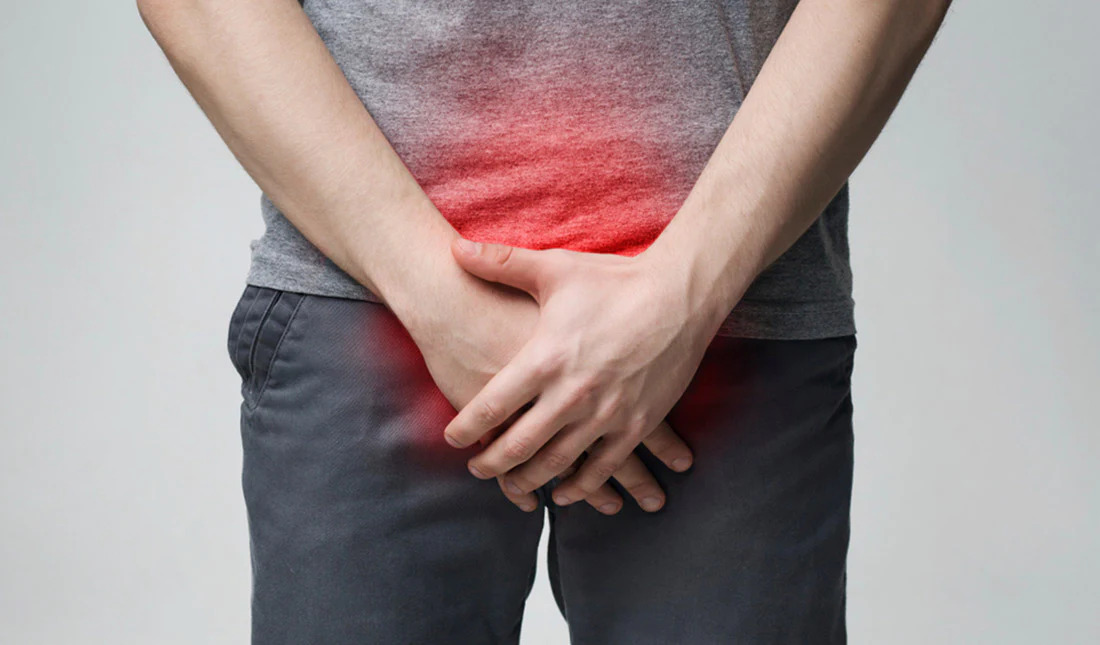For most men, circumcision is a routine procedure that heals smoothly. But for some, irritation can develop in the days and weeks after surgery. Though usually mild, redness, swelling, and other penile issues are uncomfortable and concerning. Understanding the potential causes is key to proper treatment and peace of mind. Here are the most common culprits behind post-circumcision penile irritation.
The Healing Process
A certain amount of Penile Irritation Circumcision is simply part of the normal healing process. The surgery inherently causes some swelling, redness, and tenderness at the incision site as the tissue repairs itself. This should gradually subside over 1-2 weeks but may take a bit longer for some.
Friction and Activity
Your doctor will recommend limiting physical activity for a period after circumcision to allow for undisturbed healing. Sexual activity in particular needs to be avoided for at least 4-6 weeks. Any friction or trauma to the sensitive surgical area can delay healing and exacerbate irritation.
Poor Hygiene
Meticulous hygiene is a must after circumcision to prevent infection and other complications. Improper cleaning that leaves body fluids, ointments, or bandaging debris behind can cause irritation and inflammation. Be sure to follow your doctor’s instructions carefully.
Infection
In some cases, penile irritation after circumcision stems from an active infection at the surgical site. Redness, swelling, pus-like discharge, fever, and extreme sensitivity are all potential signs. Both bacterial and fungal infections can occur and require prompt antibiotic or anti-fungal treatment.
Rejection of Stitches
The dissolvable sutures used during circumcision are designed to eventually be absorbed by the body. But occasionally, the body “rejects” them which can lead to redness, irritation, and pus-like discharge around the stitches. See your doctor if this occurs for removal and treatment.
Skin Adhesions
During healing, some penile skin may adhere to itself or the glans (penis head) in an abnormal way. This forms adhesions that are often tender, bleed easily, and appear raw or bright red. Steroid creams can be used to help separate and prevent further adhesions.
Lichen Sclerosus
This uncommon skin disorder causes white, thickened patches that can form on the penile shaft and glans after circumcision. They may appear cracked, bleed easily, and become very irritated. Lichen sclerosus is managed with steroid ointments and sometimes requires circumcision revision.
Meatal Stenosis
The urethral opening (meatus) can sometimes narrow excessively after circumcision due to scarring or improper healing. This leads to spraying, difficulty urinating, and irritation around the tip. Minor cases may resolve, but many require a minor procedure to reopen the urethra. Consult the circumcision doctors for adults for the procedure.
Revision Needed
In some cases, penile irritation post-circumcision persists because the initial procedure was not performed ideally for the patient’s anatomy. For relief, a circumcision revision surgery to remove more or less foreskin and get the appearance just right may be needed.
Allergic Reactions
Though rare, some men have allergic or heightened reactions to the antiseptics, ointments, bandages, or other materials used during circumcision. This can manifest as severe redness, itching, rashes, and irritation of the penile skin until the irritant is removed.
Signs That Need Prompt Medical Attention For Penile Irritation Post-Circumcision
Most cases of typical post-circumcision irritation are minor and resolve with time, good hygiene, and simple remedies. But some signs necessitate seeking out your doctor right away:
- Uncontrolled bleeding – Oozing or spotting is normal, but active bleeding that won’t stop is not.
- Fever over 101°F – This may signal a serious infection that requires antibiotics.
- Severe pain – Pain severe enough to disrupt sleep or interfere with urination is abnormal.
- Injury or wound separation – Serious trauma or open, gaping wounds need evaluation.
- Inability to urinate – Any issues with using the bathroom require medical assistance.
Quick intervention can prevent potentially serious complications and get you on the road to relief.
Tips for Managing Post-Circumcision Irritation
While some irritation is inevitable after circumcision, there are steps you can take to minimize and cope with it:
- Apply cold packs – These help reduce swelling and discomfort in the days after surgery.
- Take OTC pain relievers – Medicines like acetaminophen and ibuprofen are safe for residual pain.
- Use ointments as directed – Antibiotic and steroid ointments can aid healing and relieve inflammation.
- Wear loose clothing – Avoid anything that may rub or irritate the area further.
- Practice excellent hygiene – Careful but thorough cleaning after urinating or any discharge is key.
- Avoid irritants – Don’t use soaps, lotions, powders, etc. directly on the surgical site.
- Give it time – Patience is a virtue as the body needs several weeks to fully heal.
With the right care and prevention, severe or lasting penile irritation should be uncommon after circumcision.
FAQs About Penile Irritation After Circumcision
How long does irritation usually last after an adult circumcision?
It’s normal to have some redness, swelling, and mild discomfort at the incision site for 1-2 weeks after the procedure. Most irritation issues are resolved within 3-4 weeks, when the outer skin has healed.
When is it okay to have sex again after getting circumcised?
Your doctor will likely advise avoiding any sexual activity (masturbation or intercourse) for at least 4-6 weeks after circumcision. Too much friction before the area is fully healed can lead to severe irritation and complications.
How do you know if penile irritation is an infection or normal healing?
Signs like fever, extreme swelling, pus-like discharge, uncontrolled bleeding, and escalating pain are not normal and likely indicate an infection. Minor redness, mild oozing, and moderate discomfort are typically just part of the healing process.
Finding Relief After Circumcision
While penile irritation after a circumcision procedure is very common initially, it shouldn’t persist severely for weeks on end. By understanding the potential causes and following your doctor’s post-op instructions carefully, you can manage discomfort and ensure proper healing. But do seek prompt medical attention for any concerning symptoms like uncontrolled bleeding, fever, or worsening pain and inflammation. With some care and patience, that irritation will soon fade as your new circumcised look is achieved.
See the experts at California Adult Circumcision for all your circumcision needs! If you are looking for Laser Circumcision Near Me for an effective and pain-free process, we’re the experts! Get in touch with us today.
Read More: Click Here



